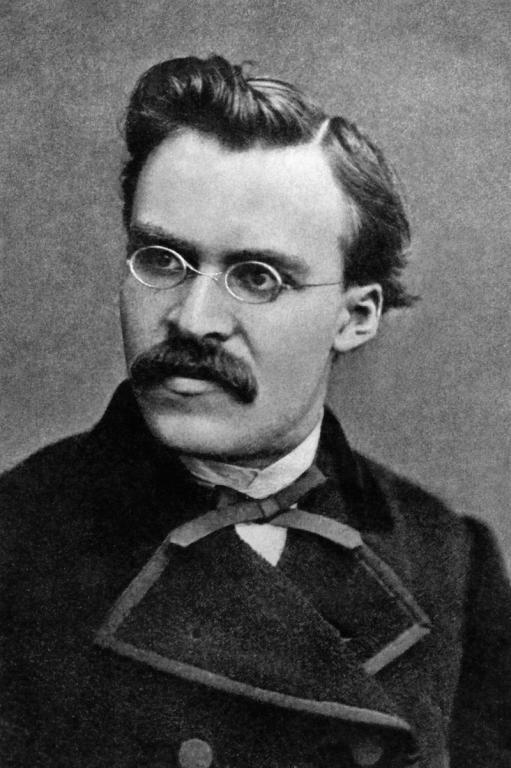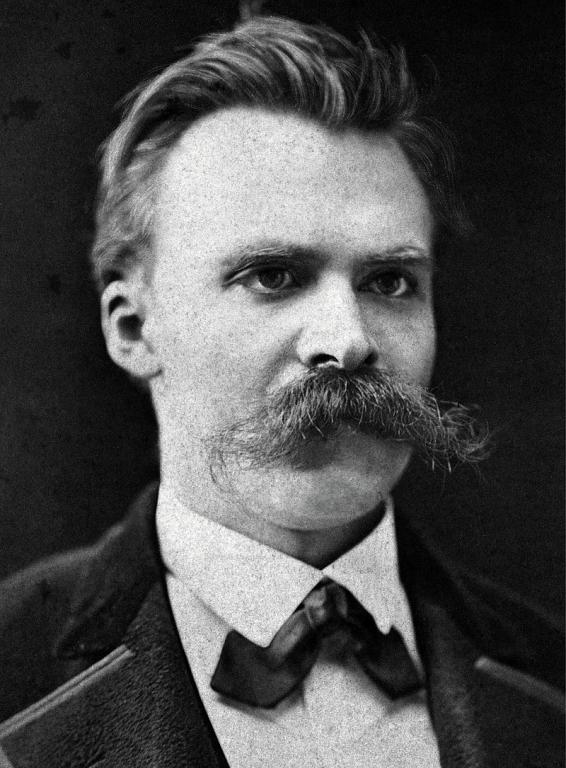Blaise Pascal perhaps is best known for his ‘Wager’ argument for God’s existence. I regularly teach the ‘Wager’ in my classes, and it goes as follows.
Pascal says that every human being faces a choice. Everyone must choose whether to believe in God or not. You cannot not make this decision. You must choose, and if you try not to choose (say, by being an agnostic about God’s existence – someone who says we just cannot know one way or the other), then your ‘I don’t know’ will become a ‘no’ on your deathbed when you have at that point lived your entire life not believing in God.

And again, when Pascal says that you must choose whether or not to believe in God’s existence, he doesn’t just mean ‘intellectual assent.’ You can’t just affirm, intellectually, the idea that God exists. Instead what Pascal means is that you have to actually live your life in accordance with that belief. So, say, if you decide to believe that God exists and then you obey God in your day-to-day choices, then you are acting genuinely in accordance with that belief according to Pascal. But, say, if you affirm that God exists and then go about your day-to-day life as though God’s existence doesn’t matter, then according to Pascal you are by virtue of your life actions showing that you do not in fact believe in God’s existence.
Given the fact that everyone has to choose whether or not to believe in God’s existence, Pascal, says that there are four possible outcomes that can happen. What are they?
- The first outcome is that you believe that God exists, and then you die and wake up on the other side and God does in fact exist. In this case you wagered correctly.
a) What do you gain from the wager? Well, most importantly you gain an afterlife of eternal happiness in fellowship with God. You also gain whatever joys are offered by living a life of virtuous obedience to God’s commands. Since an afterlife of eternal happiness is pretty big, we’ll assign a numeric value to this outcome of +Infinity. There is also the positive outcome of the joys of living a life of virtuous obedience, but that just gets swallowed up in the +Infinity number, so we’ll disregard it.
b) What do you lose from the wager? Well, you lose whatever joys you could have had in this life if you had lived as if God’s commands did not exist. Some people probably would have lived virtuous lives anyway, whether or not God existed, but most of us (myself included) would probably try to go through life stealing, breaking rules, sleeping around with whoever, etc. Such activities are sweet for a season, and they might provide us with a certain amount of joy in life when we do them. But they also are only enjoyable for a certain finite amount of time, since eventually we are going to die and the party will be over. So, since in comparison to eternal happiness the joys of a finite life lived for oneself are small, we’ll assign such a life a numerical value of -100, which is much smaller on an absolute basis than infinity.
- The second outcome is that you believe that God exists, and then you die and wake up on the other side and God does NOT in fact exist. In this case you wagered incorrectly, and in this case probably you won’t wake up on the other side at all – your soul will just vanish into nothingness upon your death.
a) What do you gain from the wager? Well, again you gain whatever joys are offered by living a life of virtuous obedience to God’s commands. You do NOT gain an afterlife of eternal happiness. Since the joys of a life of virtue are substantial, we’ll assign them a numerical value of +50. Notice that this makes the life of virtue less valuable than the life of vice. This may not be true – the life of virtue, many philosophers would argue, is its own reward and thus is more valuable than the life of vice. But for the sake of the example, we’ll keep the numerical value here at +50.
b) What do you lose from the wager? Again, you lose -100.
What are the last two outcomes?
- The third outcome is that you believe that God does NOT exist, and then you die and wake up on the other side and God does in fact exist. In this case you wagered incorrectly.
a) What do you gain from the wager? Here you gain +100, which is the arbitrary numerical value that we are assigning to a life not spend in obedience to God, doing whatever you want.
b) What do you lose from the wager? Unfortunately, you are hosed. You lose -Infinity, which is an afterlife of eternal separation from God because you chose to reject God’s teachings in this life.
- The fourth outcome is that you believe that God does NOT exist, and then you die and God does NOT in fact exist. In this case you wagered correctly.
a) What do you gain fromthe wager? Here again you gain +100.
b) What do you lose from the wager? You lose whatever joys you could have had if you had lived a life of virtuous obedience to God. Again, we’re assigning this a numerical value of -50, which is arbitrarily less than +100 (even though a lot of philosophers would say that a life of virtue is more valuable than other kinds of lives).
Conclusion: What should you wager? According to Pascal, you clearly ought to wager that God exists. The reason why is that you are gaining the possibility of an infinite upside (i.e. +Infinity), and you are merely risking the possibility of a finite downside (i.e. -100). By contrast, if you wager that God does not exist then you are gaining the possibility of +100 (i.e. the life you get to live if God does not exist), but you are risking the possibility of an infinite downside (i.e. -Infinity) if you are wrong and God does in fact exist. So you ought to wager that God exists and you ought to live your life in accordance with that wager.












